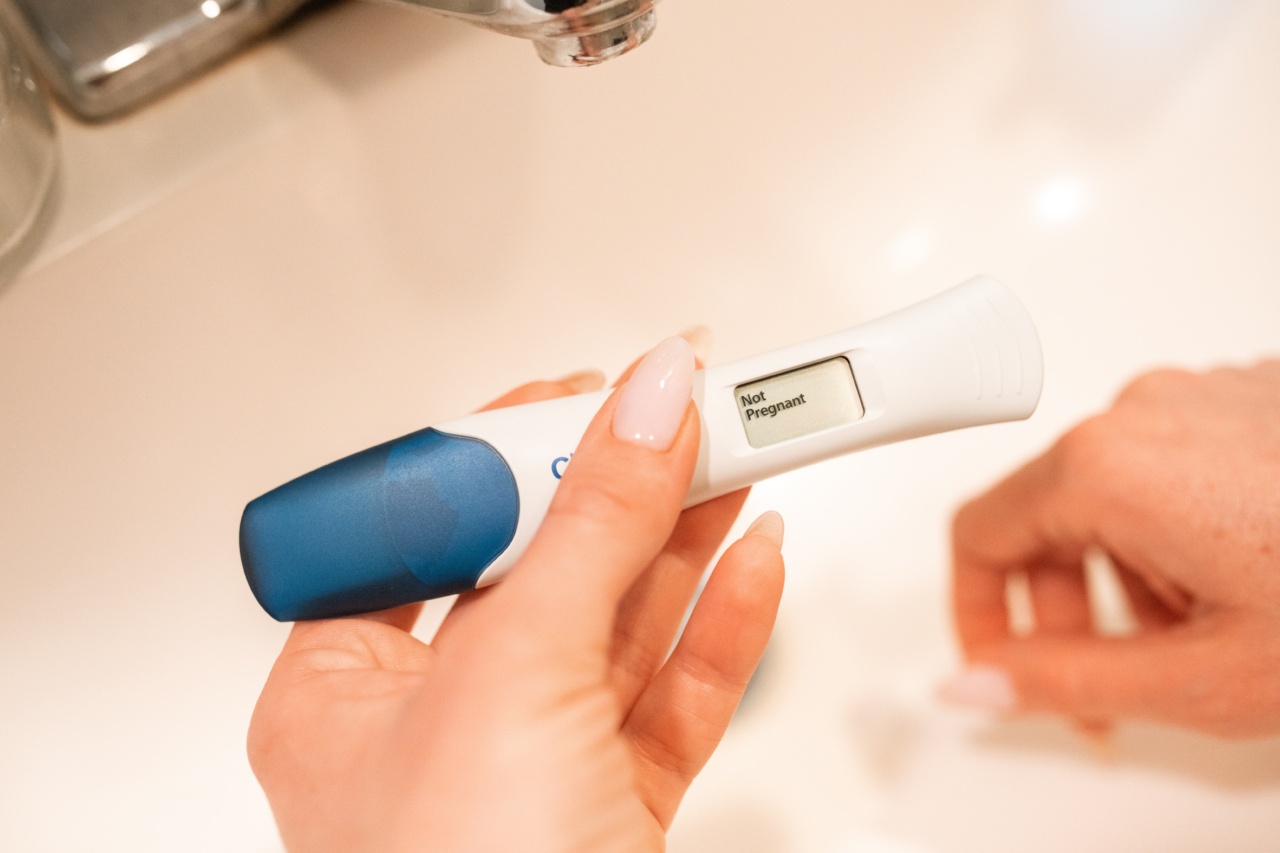High blood pressure during pregnancy, also known as gestational hypertension or pregnancy-induced hypertension, is a critical health concern that affects numerous expecting mothers worldwide.
This condition can lead to various complications for both the mother and the baby if left untreated or unmanaged. In this article, we will explore the causes, symptoms, risks, complications, treatment options, and preventive measures associated with high blood pressure during pregnancy.
Causes of High Blood Pressure during Pregnancy
The exact causes of high blood pressure during pregnancy are not entirely understood. However, several factors can contribute to the development of this condition, including:.
- Preexisting hypertension before pregnancy
- First-time pregnancies
- Advanced maternal age
- Obesity or overweight
- Family history of high blood pressure
- Multiple pregnancies (twins or more)
- Underlying medical conditions, such as kidney disease or diabetes
Symptoms of High Blood Pressure during Pregnancy
High blood pressure during pregnancy often does not present noticeable symptoms, which makes it crucial for expectant mothers to attend regular prenatal check-ups.
However, in some cases, the following symptoms may indicate the presence of gestational hypertension:.
- Severe headaches
- Swelling in the hands, feet, or face
- Visual disturbances or blurry vision
- Abdominal pain, particularly in the upper right area
- Shortness of breath
- Nausea or vomiting
Risks and Complications
If left untreated or uncontrolled, high blood pressure during pregnancy can lead to various risks and complications, including:.
- Preeclampsia: Gestational hypertension can progress to preeclampsia, which is characterized by high blood pressure and organ damage, particularly involving the liver and kidneys.
- Eclampsia: This severe condition is a progression of preeclampsia and involves the onset of seizures or convulsions. Eclampsia poses a significant risk to both the mother and the baby.
- Intrauterine growth restriction: High blood pressure can restrict the baby’s growth and development, potentially leading to low birth weight or premature birth.
- Placental abruption: This occurs when the placenta detaches from the uterine wall before delivery, which can cause severe bleeding and endanger both the mother and the baby.
- Preterm birth: The presence of gestational hypertension increases the likelihood of premature labor and delivery before the 37th week of pregnancy.
Diagnosis and Monitoring
The diagnosis of high blood pressure during pregnancy involves regular blood pressure measurements and urine tests throughout prenatal care.
A blood pressure reading above 140/90 mmHg on two separate occasions, at least four hours apart, confirms the presence of gestational hypertension. Additionally, urine tests help identify the presence of proteinuria, which can indicate preeclampsia.
Monitoring blood pressure levels, as well as checking for other possible symptoms and complications, is essential throughout pregnancy.
Healthcare providers may recommend additional tests, such as blood tests and ultrasounds, to assess the well-being of the mother and the baby.
Treatment and Management
The management of high blood pressure during pregnancy primarily focuses on controlling blood pressure levels and preventing complications. Depending on the severity of the condition, treatment options may include:.
- Lifestyle modifications: This can involve maintaining a healthy diet, engaging in regular physical activity as advised by healthcare providers, avoiding excessive sodium intake, managing stress levels, and getting adequate rest.
- Medications: In some cases, healthcare professionals may prescribe antihypertensive medications to help lower blood pressure and mitigate the risks of complications. These medications should be carefully chosen to ensure their safety for both the mother and the baby.
- Frequent prenatal care: Regular check-ups, blood pressure monitoring, and urine tests are vital to closely monitor the progression of the condition and promptly detect any potential concerns.
- Early delivery: If the risks to the mother and the baby are significant or progressive complications occur, healthcare providers may recommend early delivery to ensure the well-being of both.
Preventive Measures
While not all cases of high blood pressure during pregnancy can be prevented, certain measures can help reduce the risk and promote a healthier pregnancy. These preventive measures include:.
- Regular prenatal care: Attending all scheduled prenatal appointments allows healthcare providers to closely monitor blood pressure and promptly address any concerns.
- Adopting a healthy lifestyle: Maintaining a balanced diet, engaging in moderate exercise with healthcare provider approval, abstaining from smoking and excessive alcohol consumption, and managing stress levels contribute to a healthier pregnancy.
- Maintaining a healthy weight: Achieving and maintaining a healthy weight before pregnancy reduces the risk of developing high blood pressure during gestation.
- Being aware of family history: Knowing if there is a family history of high blood pressure or related conditions can help healthcare providers assess the risk and provide appropriate care.
- Following medical advice: It is crucial to follow the advice and recommendations of healthcare professionals regarding any preexisting medical conditions or medications.
Conclusion
High blood pressure during pregnancy is a critical health concern that requires diligent monitoring and management to ensure the well-being of both the mother and the baby.
Understanding the causes, symptoms, risks, complications, treatment options, and preventive measures associated with gestational hypertension is crucial for expectant mothers and healthcare providers alike. By maintaining regular prenatal care, making lifestyle modifications, and following medical advice, the risks and potential complications can be minimized, ultimately leading to a healthier pregnancy.





























